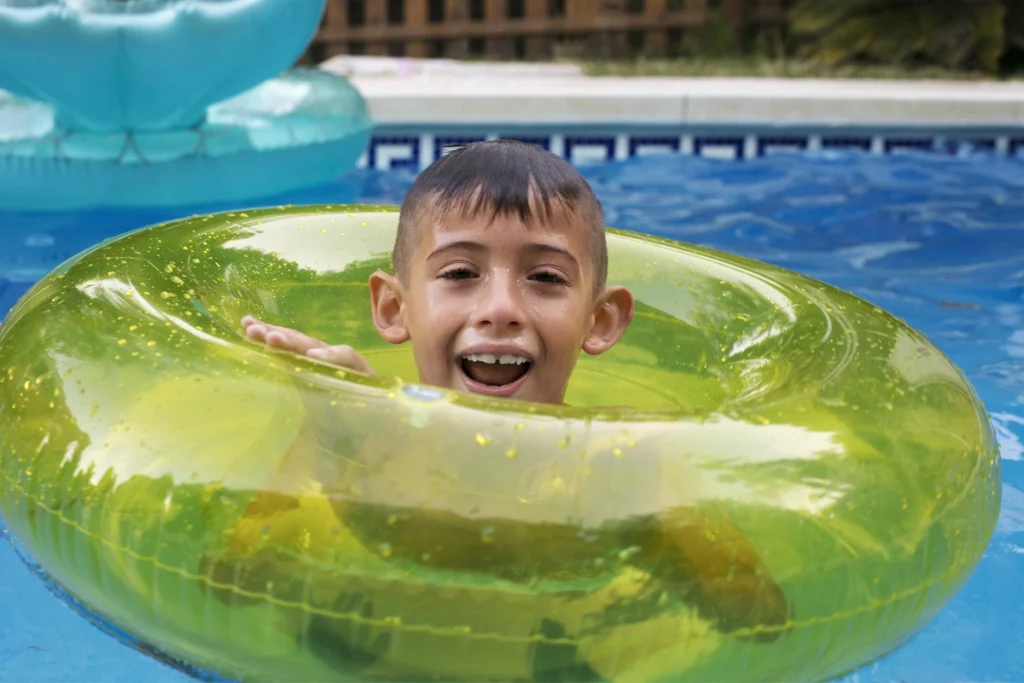Health Alert: The Importance of Pool Filtration in Preschools for Child Safety

As the safety and well-being of children are paramount in preschool environments, it’s essential to understand the potential risks associated with unfiltered pools in these settings. While pools can provide opportunities for water-based activities and fun, they pose significant health hazards if not properly maintained with adequate filtration systems in place. Let’s delve into why pool filtration is crucial in preschools and why pools without proper filtration should be avoided to ensure the safety of young children.
Waterborne Pathogens and Contaminants: Unfiltered pools can harbor a myriad of waterborne pathogens and contaminants that pose serious health risks to children. Without proper filtration, bacteria, viruses, and other harmful microorganisms can thrive in the pool water, increasing the likelihood of waterborne illnesses such as gastrointestinal infections, skin rashes, and respiratory problems.
Risk of Recreational Water Illnesses (RWIs):
Recreational Water Illnesses (RWIs) are infections caused by germs spread through recreational water activities, including swimming pools. Common RWIs include Cryptosporidium, Giardia, E. coli, and norovirus, which can cause symptoms ranging from mild to severe. Children, particularly those with developing immune systems, are especially vulnerable to RWIs if exposed to contaminated pool water.
Impact on Respiratory Health:
In addition to waterborne pathogens, unfiltered pools can also contribute to poor air quality, which can negatively impact respiratory health, especially in enclosed indoor pool environments. Chlorine disinfection byproducts (DBPs), such as chloramines, can form when chlorine reacts with organic matter in the water. Inhalation of chloramines can irritate the respiratory tract, leading to symptoms such as coughing, wheezing, and exacerbation of asthma.
Preventable Injuries and Accidents:
Inadequately filtered pools may also pose risks of preventable injuries and accidents, such as slips, falls, and drowning incidents. Murky or cloudy water, which can result from insufficient filtration and poor water quality, reduces visibility in the pool, increasing the likelihood of accidents and making it difficult for lifeguards or supervisors to monitor children effectively.
Legal and Regulatory Compliance:
From a regulatory standpoint, preschools are typically required to adhere to health and safety standards established by local authorities and regulatory agencies. Failure to maintain proper pool filtration and water quality may result in non-compliance with these regulations, leading to potential legal ramifications and reputational damage for the preschool.
In conclusion, the absence of proper pool filtration in preschools poses significant risks to the health and safety of young children. To mitigate these risks and ensure a safe aquatic environment, preschools should prioritize investing in adequate pool filtration systems and implementing regular maintenance and water quality testing protocols. By adhering to best practices for pool management and safety, preschools can create a safer and healthier environment for children to enjoy water-based activities while minimizing the risk of waterborne illnesses and accidents.
